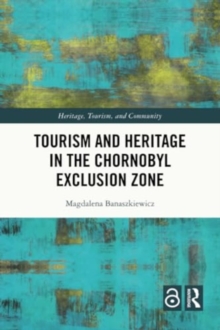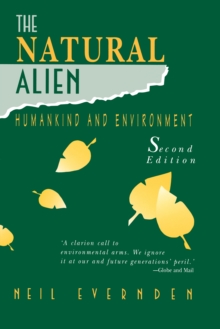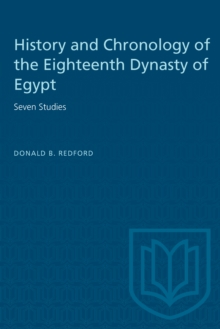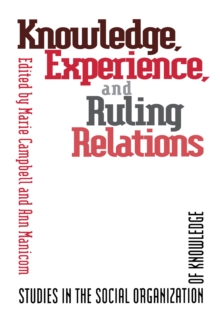
Vagrant Writing : Social and Semiotic Disorders in the English Renaissance PDF
by Barry Taylor
Part of the Heritage series
Description
Vagrant Writing addresses the semiotic dimension of social change in Renaissance England. From tracta against cosmetics to the Jonsonian masque, from coney-catching pamphlets to the theology of Hooker, Barry Taylor explores what happens to Tudor and Jacobean practices of writing when the ideology of the Word which underpins them -- an ideology of fixed, metaphysically anchored meaning -- must interpret, regulate and contain a social order undergoing radical transformation.
The semiotic power of social disorder, the social power of a disorderly semiotics: it is at that intersection of disruptive forces that Vagrant Writing establishes its enquiry. Embracing such topics as the relationship of writing, usury and Narcissism, the links between literary translation and the regulation of female sexuality, the fragmentation of writerly authority and subjectivity in the literary marketplace, and the politics of allegorical interpretation, the book offers a series of connected readings which is at once closely detailed and ambitiously extensive in scope.
In its own trespassings beyond the confines of the literary canon and across disciplinary boundaries, Vagrant Writing opens up new directions within the field of English Renaissance writing. In doing so, it makes available fresh perspectives on the relationship between social and discursive domains, and on the paradoxical, self-disputing energies of the Renaissance text.
Information
-
Download - Immediately Available
- Format:PDF
- Pages:258 pages
- Publisher:University of Toronto Press
- Publication Date:15/12/1991
- Category:
- ISBN:9781487583958
Information
-
Download - Immediately Available
- Format:PDF
- Pages:258 pages
- Publisher:University of Toronto Press
- Publication Date:15/12/1991
- Category:
- ISBN:9781487583958










